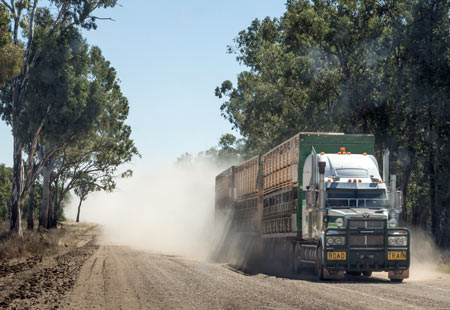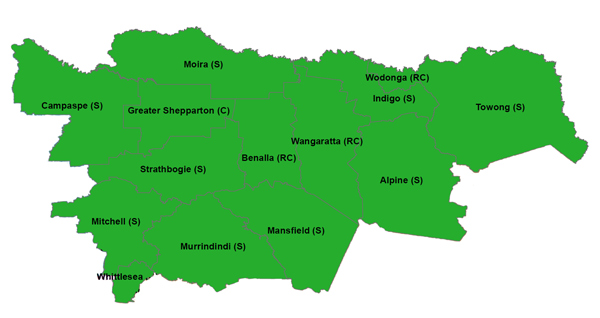
Regional Round-up is a monthly newsletter providing an overview into the environmental and business conditions affecting farmers and rural businesses in the Goulburn Valley and North East Victoria.
Dairy
Farmers welcomed the rainfalls of July and August however the feeling was that more is required. Pastures are slow to respond but farmers are optimistic a good spring lies ahead. Milk volume is higher than for the same period last year.
Small increases to milk prices has provided some optimism, however debt management remains a significant concern for dairy farmers who are predicting it will take at least twelve months to recover from the price adjustments of 2016.
There is a growing interest in organic milk with high prices available. To some extent this may be a response to the lower prices currently on offer from milk buyers.
Cropping/Sheep
July saw some rainfall and more would be welcome. August was particularly cold with frosts which resulted in poor pasture growth and led to some lamb losses. Wool prices remain stable and strong however sheep prices are expected to decline as yardings have increased due to the dry conditions.
A lack of rain, significant frosts and cold weather has resulted in slow pasture growth. Cereals and canola crops are looking good, however wheat is down by 27% on last year.
Beef
Beef prices are continuing to fall. This is due to a number of factors ranging from a strengthening Australian dollar, six exporters losing licences into China, a dry June and subsequent drop in quality and condition which has worsened in the very cold conditions. Although pasture growth has been reasonable, it is slowing due to lack of decent rainfall in many areas.
Horticulture
Queensland fruit fly remains a challenge for orchardists. Local government initiatives have supported households with information on Queensland fruit fly eradication.











